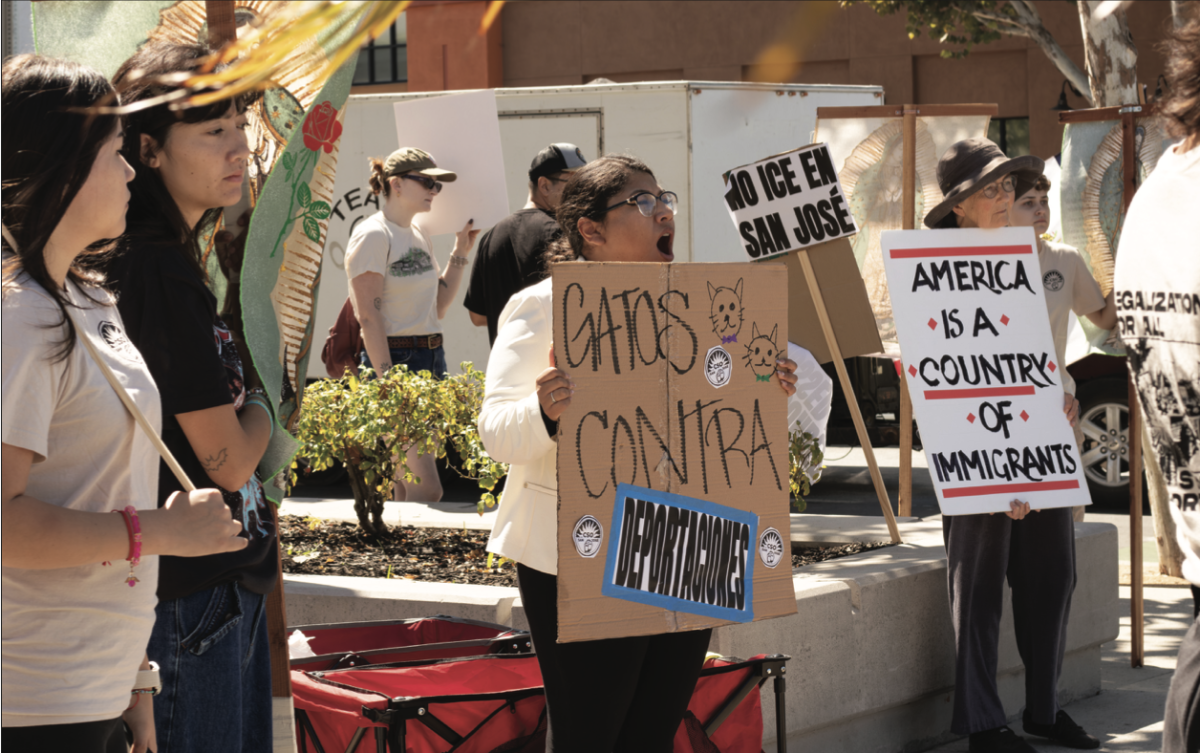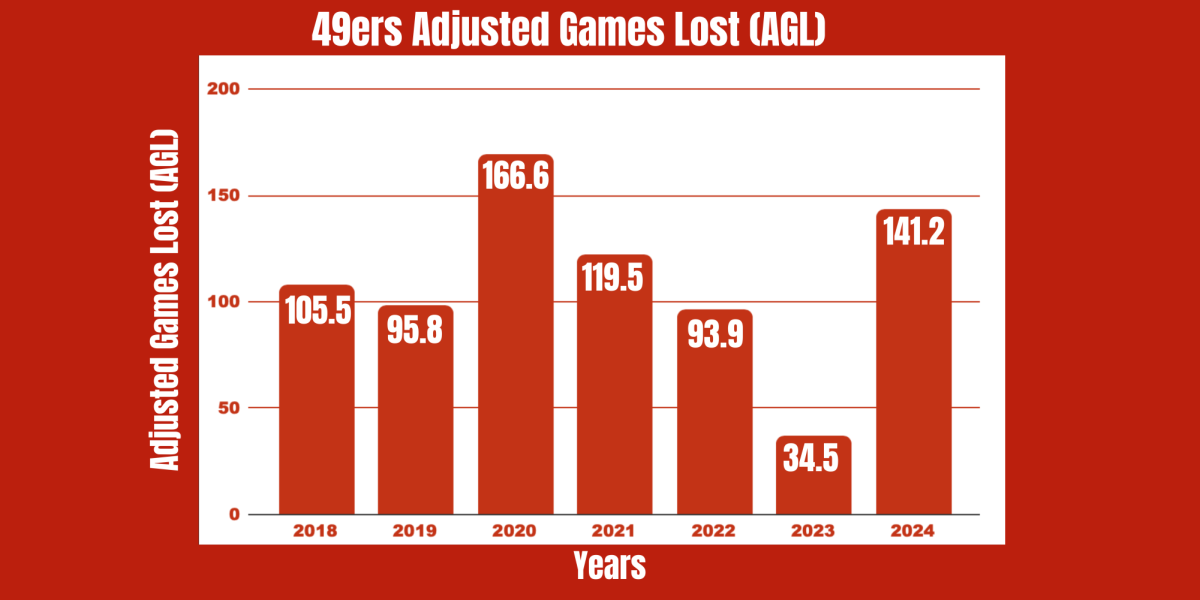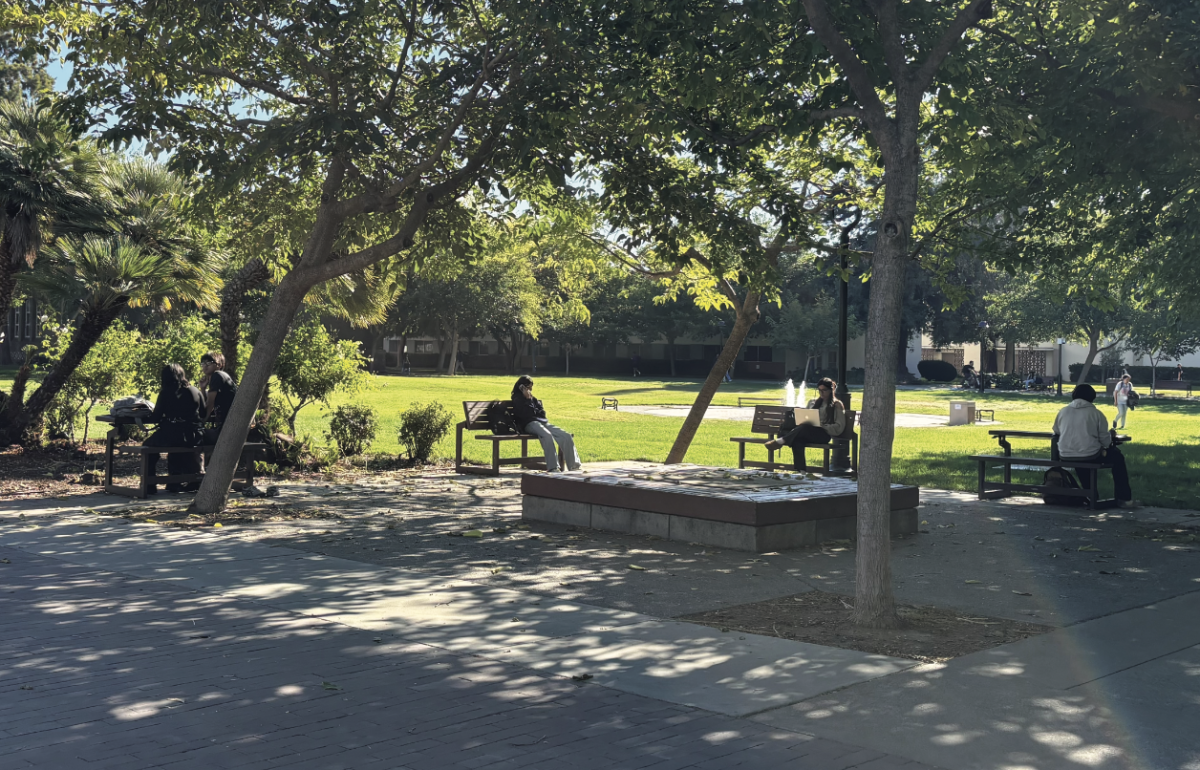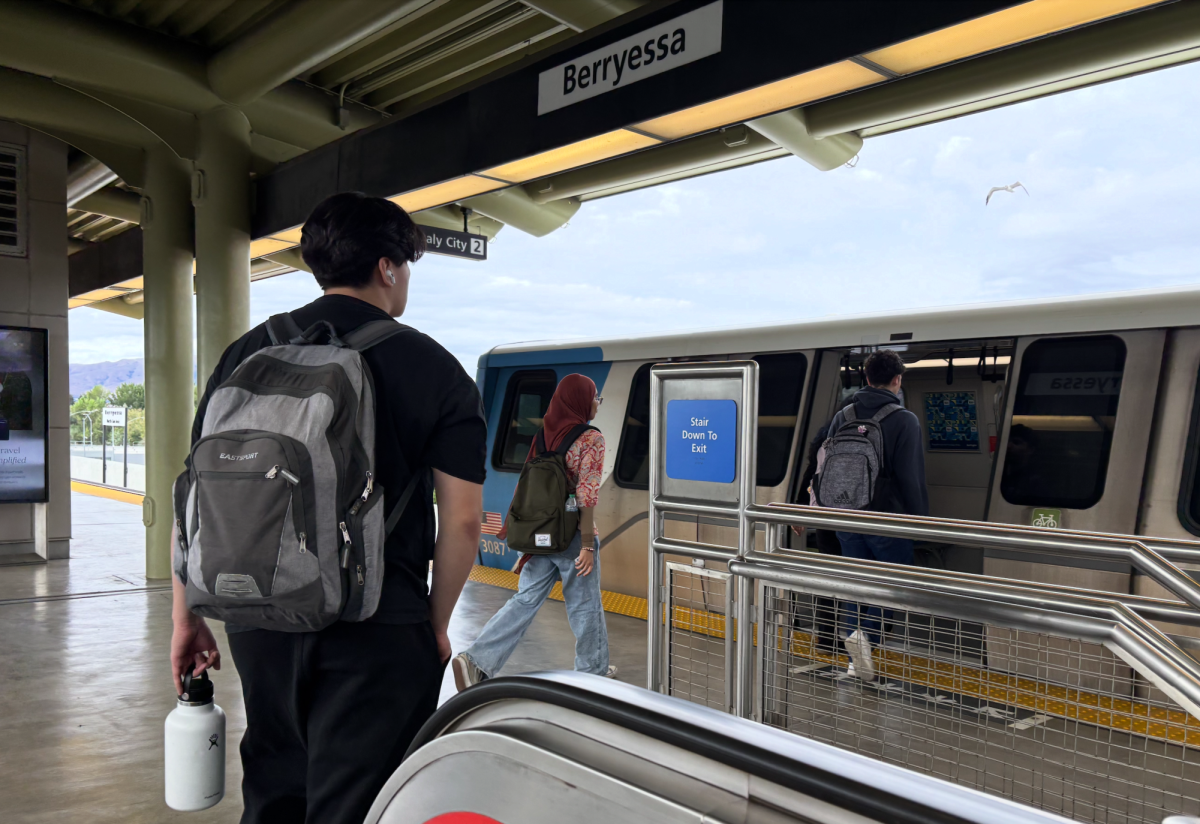On Sept. 13, California state legislatures passed Senate Bill 63 (SB 63), the Connect Bay Area Act, a regional funding measure that would provide transit agencies sustainable funding to be put on the November 2026 ballot.
The bill was introduced by San Francisco Senator Scott Wiener and Senator Jesse Arreguín, that would establish a retail tax of 0.5% to 1% within the five counties of Santa Clara, San Mateo, Alameda, Contra Costa and San Francisco for the duration of 14 years, according to the California Legislative Information webpage.
“Keeping our trains and buses running frequently and reliably is essential for the future of the Bay Area,” said Wiener, in a Sept. 13 press release. “I’m grateful to see this incredible coalition from across the Bay Area come together to ensure our transit systems are financially stable and able to provide improved service for our residents.”
Currently, SB 63 is awaiting on whether Newsom will sign or veto the bill by Oct. 12, according to Senator Scott Wiener’s website.
Bay Area Rapid Transit (BART) is facing a budget deficit, using federal and state emergency funds to run services that are projected to run out in 2026, according to a BART webpage.
Chris Filippi, a BART spokesperson, said the budget for the current fiscal year through June 30, 2026 is balanced, but the fiscal year after that BART is projecting a deficit of between $350 and $400 million.
“The BART Board of Directors supports SB 63 because it will cover a significant portion of BART’s operating deficit and allow us to maintain current service levels and improve the rider experience,” Filippi said.
In a 2024 survey conducted by Associated Students Transportation Solutions at SJSU, found about 25% of students commuted to school via public transit.
Sam Jeffs, a second-year engineering technology student, said college students are transit dependent and that if transit lines break down or run infrequently, commutes fall apart.
“At SJSU, we’ve seen firsthand how strong regional service can change what’s possible for students,” Jeffs said. “That’s why this measure matters.”
Kaleo Mark, a policy and advocacy analyst for Seamless Bay Area, said that Bay Area transit is a lifeline for many communities that rely on commuting to work, school, medical appointments and events.
Seamless Bay Area, a nonprofit advocacy organization, advocates to transform the Bay Area’s fragmented public transit into an unified and widely used system through policy reforms and a movement for change.
“This funding measure is really a response to a lot of the budget deficits that agencies have been facing past the COVID-19 pandemic,” Mark said. “A lot of our agencies have historically relied heavily on fair revenue to fund service, which it used to be a point of pride for agencies like BART and Caltrain.”
During the COVID-19 pandemic, BART was challenged by low ridership because of remote work and the shelter in place order, according to the BART website.
BART received $1.3 billion dollars in emergency funding in response to the COVID-19 pandemic, according to an archived BART news article.
Filippi said since the pandemic, it has been clear BART’s outdated funding model no longer works.
It has extended running longer trains in response to increased ridership, according to a Sept. 29 BART news article. Though it does not mean the funding model based on fair revenue works anymore.
“The legislation is needed because remote work has caused a decline in operating revenue for various operators and deficits are too large to solve through cuts alone,” Filippi said.
It is not only BART facing deficits, surrounding public transit agencies like Caltrain and Santa Clara Valley Transportation Authority (VTA) are facing budget deficits as well.
Caltrain is expected to face an average annual deficit of $75 million dollars at the beginning of fiscal year 2027. SB 63 would allow Caltrain to receive an average of $75 million annually from the measure to become fully funded and maintain their services, according to a June 9 CalTrain news article.
It was reported that VTA is expected to experience a budget deficit of roughly $868,000 in 2026 that would expand to $14.9 million in 2027, according to a May 22 San José Spotlight article.
VTA voted to endorse SB 63 in Aug.. The measure is expected to bring $264 million dollars annually to support the VTA for critical improvements, according to the VTA website.
Mark said while ridership is increasing each year, in order to maintain services and provide higher levels of service to transform public transit, it needs a new source of funding and that is why SB 63 is important.
“SB 63 is really this first of a kind regional effort to fund our public transit systems in the way that prevents these massive service cuts and will lead to the improvements we need to increase ridership and to make our systems more effective and work for more people,” Mark said.
Jeffs said it is not just a budget vote, but a vision for Bay Area students to be able to take public transit without having to stress about owning a car to travel for opportunities.
“As students, we don’t live our lives within the boundary of one county. Our commutes, our job opportunities, our internships, our friends and families, all of those stretch across the Bay,” Jeffs said.






































